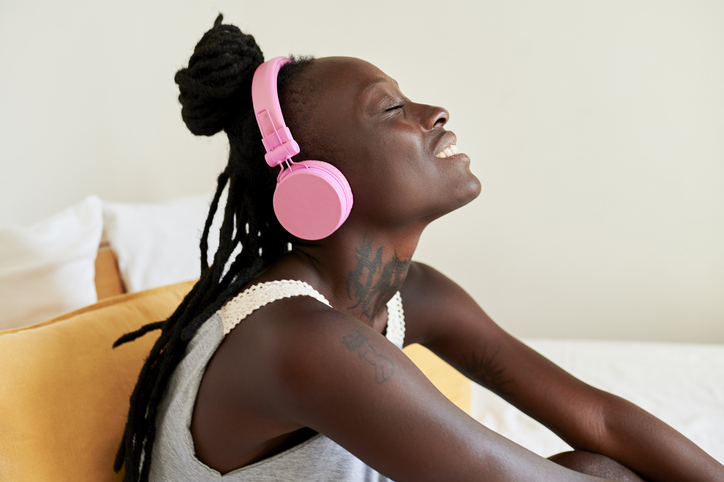Celebrating Self-Care Month: Empowering Health and Well-Being

Self-Care Month, observed from June 24 to July 24, is a global initiative aimed at raising awareness about the importance of self-care and its transformative impact on health and well-being. This month-long celebration culminates on Self-Care Day, July 24, symbolizing the idea that self-care can be practiced 24/7.
What is Self-Care?
The World Health Organization (WHO) defines self-care as the ability of individuals, families, and communities to promote and maintain their health, prevent diseases, and manage illnesses, with or without the support of a healthcare professional. Self-care interventions, such as diagnostic kits, counseling, and digital tools, empower people to take charge of their health, offering flexibility and accessibility.
Why Self-Care Matters
Self-care is not just a personal health practice; it’s a global necessity. With 4.3 billion people lacking access to essential health services and a projected shortage of 10 million healthcare workers, self-care interventions alleviate pressure on overburdened health systems. These tools enhance healthcare delivery, improve primary health care, and contribute to universal health coverage.
Self-Care and the Black Community
For the Black community, self-care holds additional significance. Historically, systemic inequities in healthcare access and outcomes have disproportionately affected Black individuals. Self-care practices, therefore, become a form of empowerment and resistance, allowing individuals to prioritize their well-being in a system that often overlooks their needs.
From mental health to physical wellness, self-care in the Black community often intertwines with cultural practices, spirituality, and community support. Initiatives like therapy, meditation, and fitness programs tailored to Black experiences are gaining traction, fostering a sense of belonging and resilience.
How to Get Involved
Self-Care Month encourages everyone to take proactive steps toward better health. Here’s how you can participate:
- Educate Yourself: Learn more about self-care interventions and their benefits.
- Engage Locally: Join or organize community activities focused on self-care.
- Practice Daily: Incorporate small, consistent self-care habits into your routine, such as mindfulness, exercise, or healthy eating.
Self-care is not a luxury; it’s a necessity. By embracing self-care, we not only improve our individual health but also contribute to stronger, more resilient communities. This Self-Care Month, let’s commit to making self-care a priority—for ourselves and for those around us.









